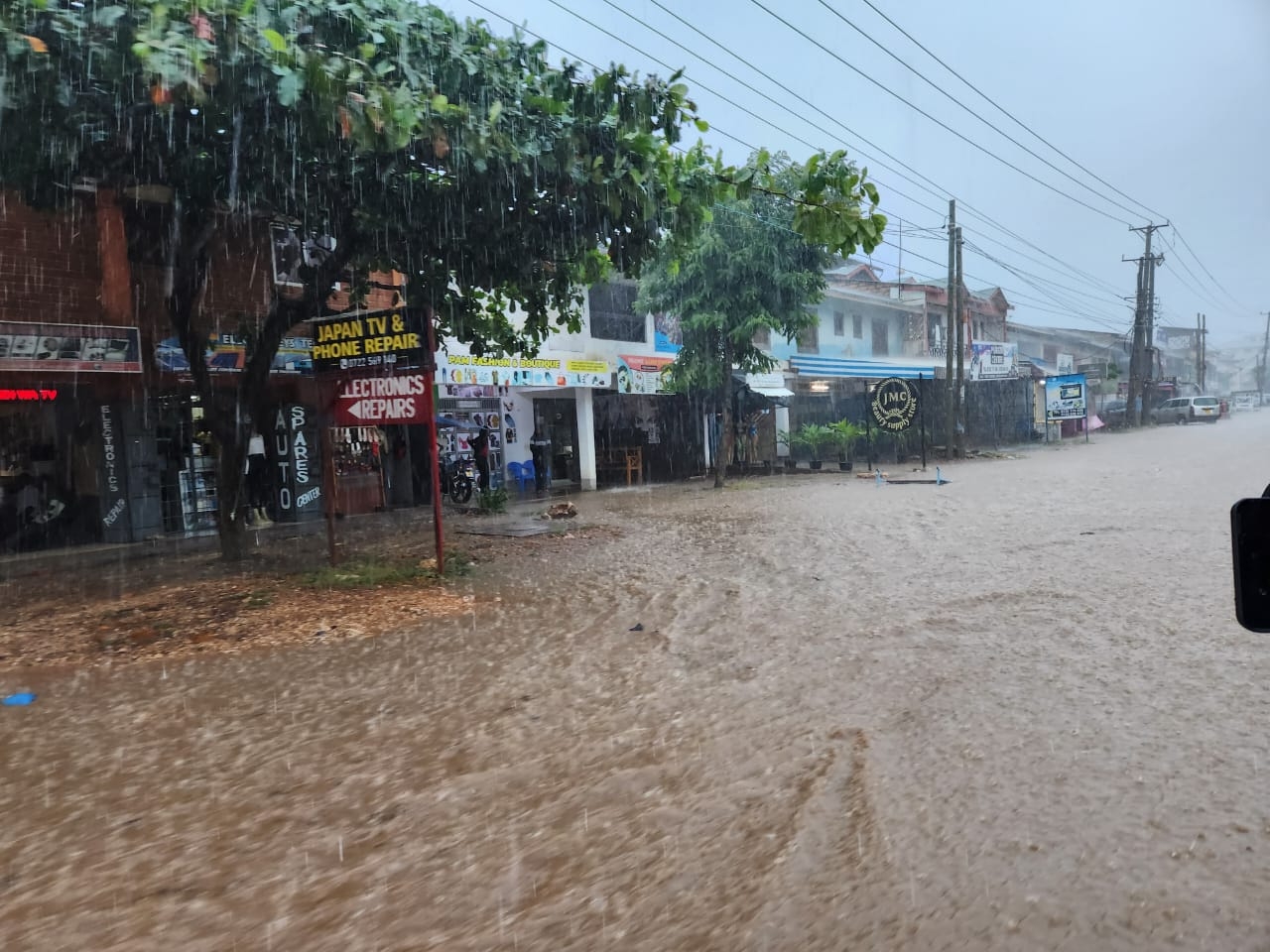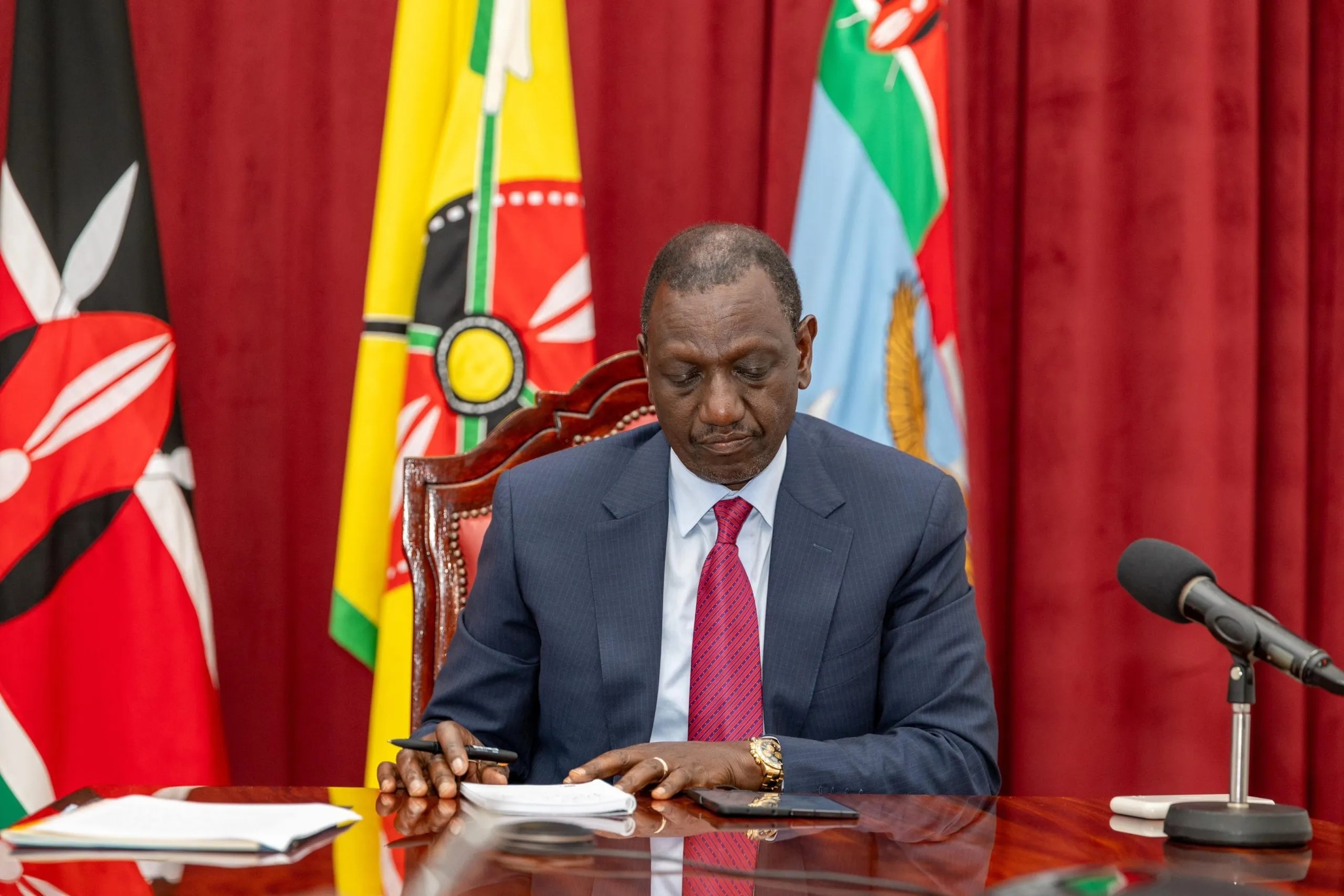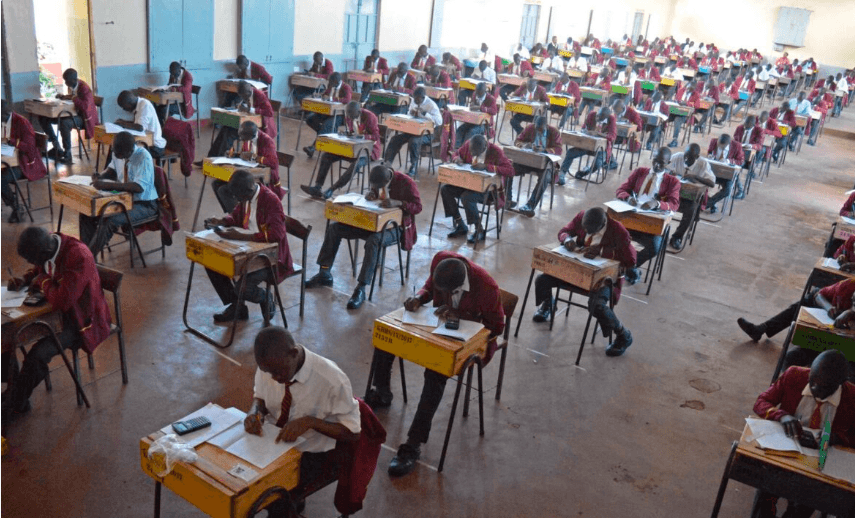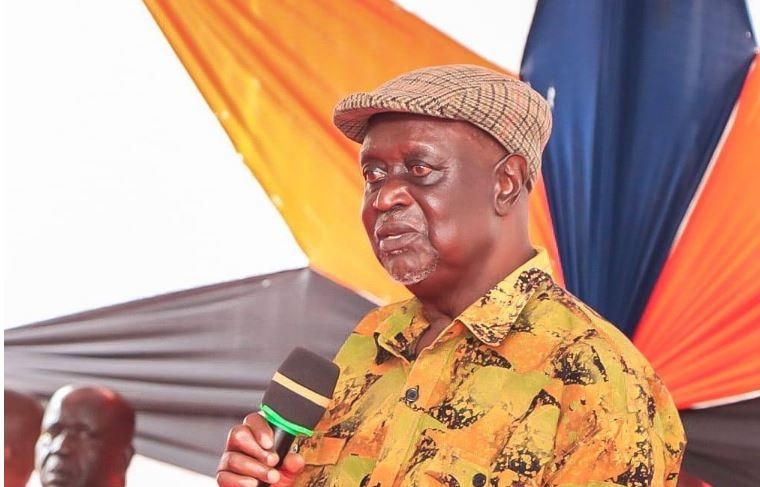Kenya has been named among the African countries experiencing an active outbreak of the circulating variant polio.
At least 21 countries on the continent have reported an outbreak, with Kenya confirming eight cases so far.
Another eight are still under investigation.
The World Health Organization said 304 cases had been reported in the countries by September.
“We can’t rest on our laurels because 21 countries in the African region are still experiencing circulating variant polio outbreaks at this very moment. Some of them are in areas that have not seen any previous circulation in decades,” said WHO director for Africa Matshidiso Moeti.
The vaccine-derived poliovirus (VDPV) is a strain related to the weakened live poliovirus contained in oral polio vaccine. The outbreaks happen in undervaccinated populations.
On extremely rare occasions, the weakened virus in the oral vaccine, when shed through stool, can infect an unvaccinated person and regain strength, becoming just as dangerous as the original virus.
“The Covid-19 pandemic adversely affected our fight, too, leading to a dip in population immunity and a resurgence of certain poliovirus types,” Dr moeti said.
She noted no case of wild polio—the virus found naturally in the environment—has been reported in Africa.
Kenya eliminated the indigenous wild poliovirus nearly 40 years ago in 1984.
Dr Emmanuel Okunga, head of the division of disease surveillance and response, recently told the media that all cases in Kenya were reported in Garissa county in Hagdera and Daadab Refugee camps.
In response, the ministry vaccinated 1.9 million children in Kiambu, Kajiado, Garissa and Nairobi counties between August 24 and 28.
The second round of vaccinations was conducted on Saturday, October 7-11.
It targeted 3,119,158 children under five years in Mandera, Wajir, Tana River, Lamu, Kitui, Machakos, Kiambu, Kajiado, Nairobi and Garissa.
“For a long time, it has been assumed that polio largely affects children under five years of age. However, the confirmation of the virus in a seven-year-old child re-affirms that polio is a threat to all persons irrespective of age in areas where population immunity is compromised,” said Mary Muthoni, the Principal Secretary for Public Health.
The final round of vaccinations will be done in November, but the date has not been set.
Although polio mainly affects children under five years of age, even unvaccinated adults can contract the disease.
There is no treatment and the disease is only prevented through vaccination.
“Every member of the public should report suspected polio cases among children under 15 years who develop sudden onset of weakness (paralysis) of the hands or legs or both without a history of injury to the nearest health facility or chief including Nyumba Kumi,” Muthoni said.
Last year, globally, there were nearly 800 cases of vaccine-derived polio, according to the Global Polio Eradication Initiative.
Of the 15 polio cases reported in the first quarter of 2023, 14 are from strains of the virus that mutated from the oral polio vaccine used in lower-income nations such as Kenya.
This vaccine is made with a living, weakened virus.
It is preferred because it is cheap and easy to administer. Two doses confer lifetime immunity.
The WHO says the vaccine itself does not cause the disease so there is completely no risk when one is immunised with it.
However, children immunised with it can shed the live virus in their stool, which can then spread through sewage in places with poor sanitation.
If the virus stays weak, it can expose an unvaccinated person to polio and give them immunity. But if the virus mutates and regains virulence, someone who is not vaccinated can become sick with vaccine-derived polio after contact with the contaminated wastewater.
Initial symptoms are fever, fatigue, headache, vomiting, stiffness of the neck and pain in the limbs.
“One in 200 infections leads to irreversible paralysis (usually in the legs). Among those paralysed, five–10 per cent die when their breathing muscles become immobilised,” the WHO says.
Experts have also developed a safer, novel oral polio vaccine, which contains a virus that has been weakened so much that it may not even resuscitate under most circumstances.
There is also the inactivated poliovirus (injectable) vaccine used in developed countries which is extremely effective. It requires four injections. But is expensive and requires trained medical staff to carry out such campaigns.


















